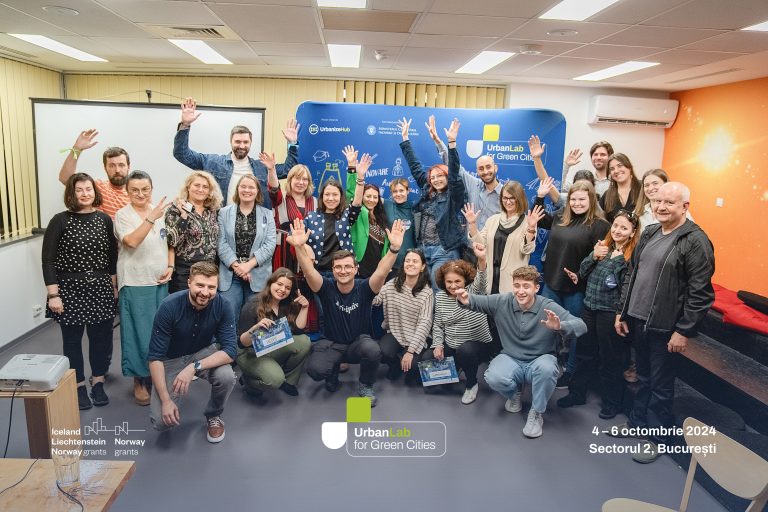The world has agreed that it has to change, fundamentally, in order to successfully accommodate the urbanization wave that is to come in the next few decades. Urban innovation has to be advanced, along with the integrating capacities of the cities, to achieve the ideal smart city of the future. Future Cities Catapult has just published its first global review of the strategies that make smart cities…smart.
The goal of the report was to provide city leaders with an analysis of what leading cities are doing to create smart city strategies. A clear and coherent agenda or at least a general framework is needed worldwide in order to successfully reach the achievement of a smart future city.
The report examined 21 smart city strategies from around the globe, including New York, Berlin, Sao Paulo or Manchester and it was released just a week ago at the Smart City Expo World Congress in Barcelona. The innovation of this “Global Report” is comprising the evolution of smart strategies ranging from purely technological ones to citizen-centered ones within a single comprehensive and thorough analysis.

Moreover, it includes real-world applications and examples, explaining the challenge of creating collaborative citizen-led strategies through accounts of successful projects such as Uber or Airbnb. These new practices largely contribute to the drastic growth that is expected with regard to the global market for smart cities. For instance, Future Cities Catapult predicts that Asia’s smart city market will grow from $50bn to $220bn by the end of the decade.
Additionally, international organizations are also keen on participating in the process. The UN expects that an extra 2,5 billion people will be living in urban areas by 2050, while almost 90% of this enormous urbanization wave will be represented by the growth of cities in Asia and Africa.
Smart cities as well as their way of functioning should be understood globally, in a common manner and according to a common framework. This is a crucial aspect to empowering citizens, urban communities and industries, while also encouraging them to come up with viable smart urban strategies. The promise of future sustainability and prosperity depends on such factors.
The report argues that understanding how smart cities are being developed from a global perspective is crucial to empowering both cities and industry to deliver the smarter cities that prosperity and sustainability require.

City leaders, urban planners and local administrations have to start by learning from the experience of other cities that have been developing in a smart manner. Consequently, smart strategies have to be examined, analyzed and scrutinized so that they can be further improved. The review focuses on all techniques and practices that were meant to meet the demands and the needs of the community, especially focusing on employing such smart strategies in difficult and complex environments.
Based on the consistent research behind it, the review makes five key recommendations for cities:
- Establishing strong leadership is crucial, for it can develop skills and abilities within local government that can further initiate and deliver at-scale smart city projects.
- Embedding your smart strategies into an existing framework is important, as it can ensure a better implementation and funding.
- Collaborative approaches towards creating smart strategies should be accompanied by a strong political support, in order to efficiently control the capacities of the stakeholders. This is essential to the ultimate goal of satisfying their needs.
- Tap into core city funding by regularly scanning your existing city assets and budgets in order to leverage these for smart city projects. Being aware of funding sources as well as capacities on a larger scale can ensure better implementation and can allow tackling bigger projects.
- Engage the private sector and plan long-term collaborations. A team should also be assembled for communication purposes with both businesses and investors. Do not settle for short-term cooperation or limited project designs.
“City authorities are at the core of digital transformation. Their ability to be the fulcrum between articulating citizen need and engaging technology providers, will be key in determining overall city competitiveness” – Steve Turner (Arup).
Sources: SmartCitiesWorld, FutureCitiesCatapult, Arup
Photo: SmartCitiesWorld, TechRepublic, NewStatesman







